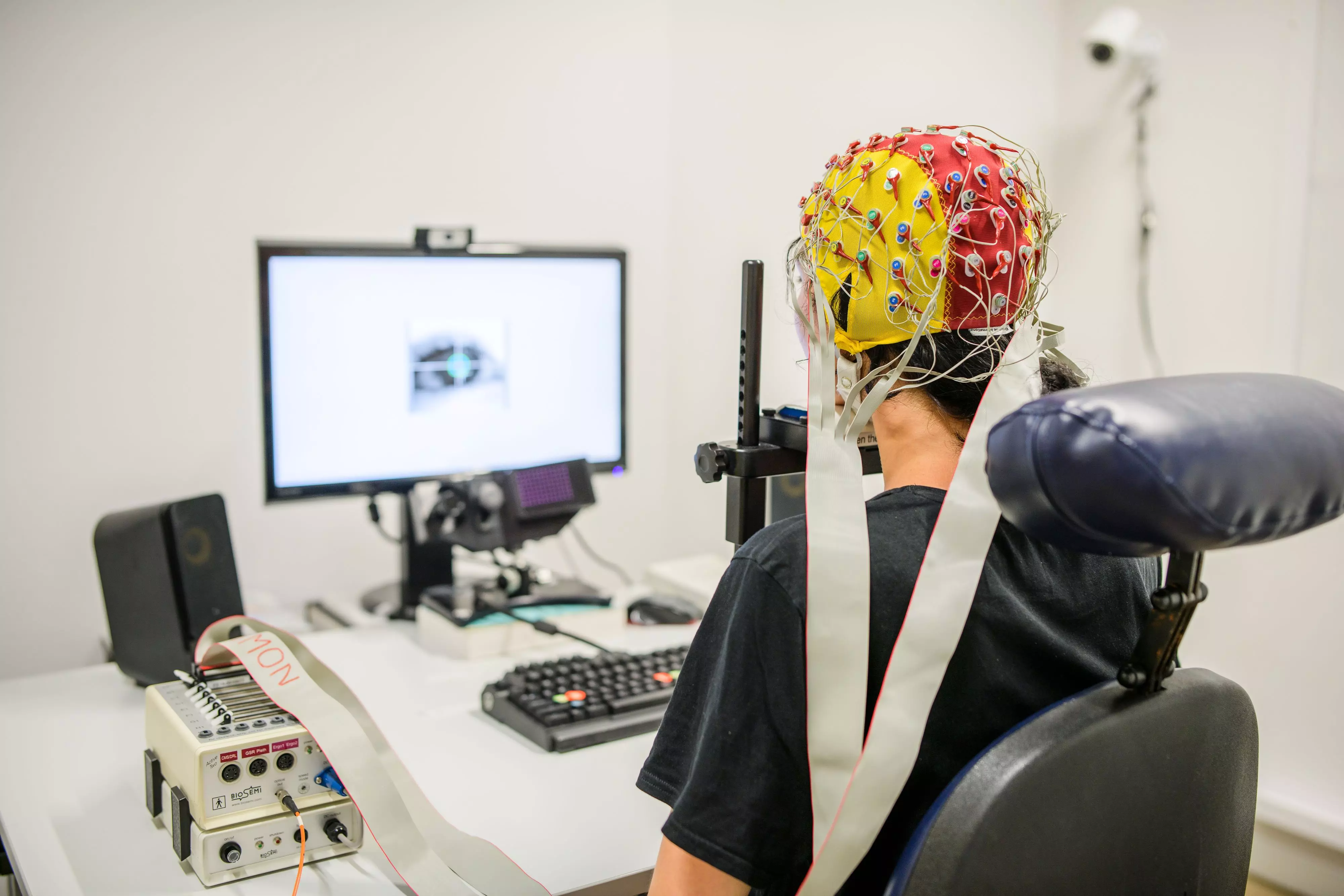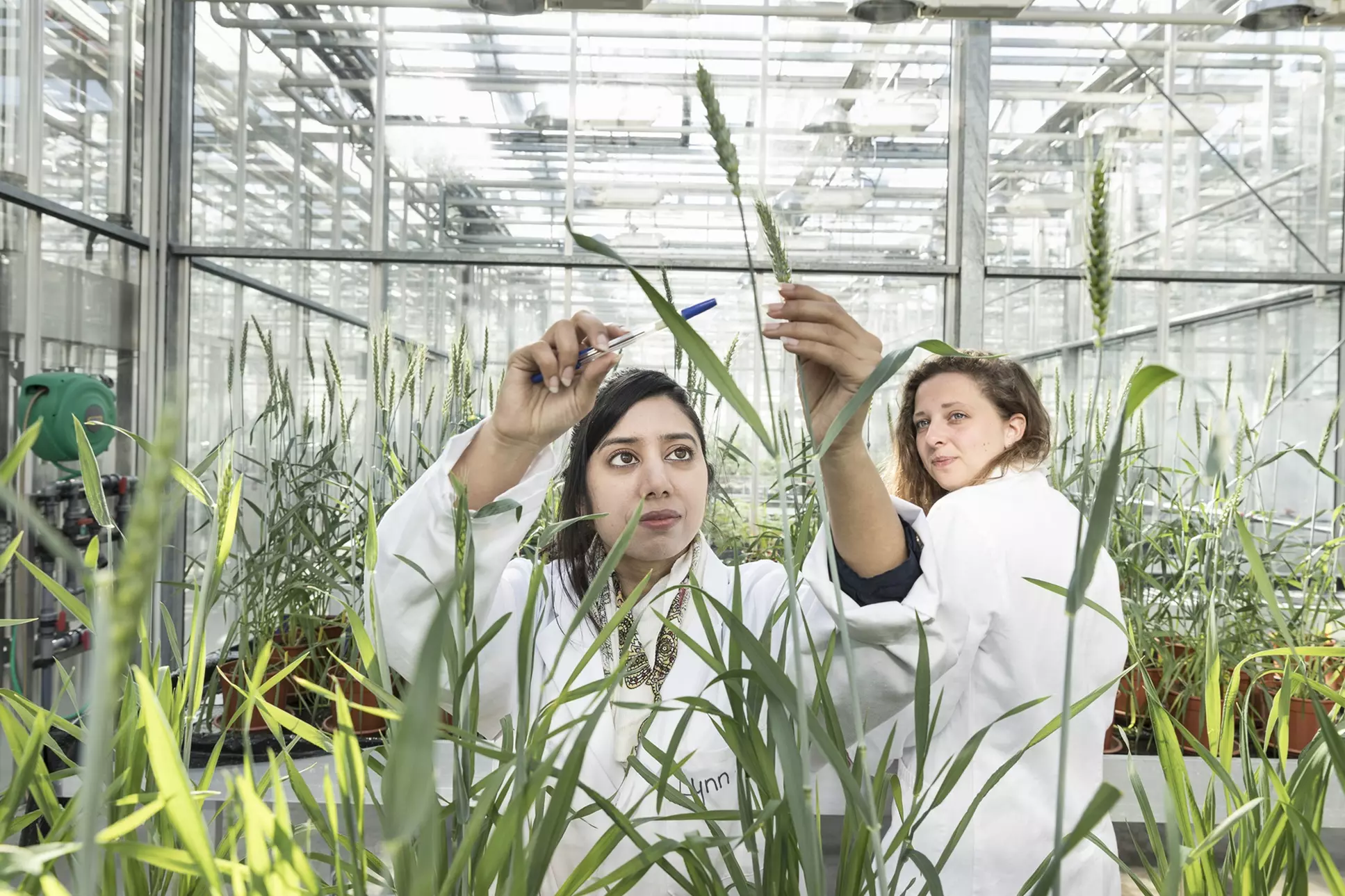Not found

More vacancies

Postdoctoral Researcher in OSINT & Information Disorder
- Faculty of Humanities
- €3.378 - €5.331
- Closes on26-02-2025
- PhD
- 38 hours
Do you want to join the European Union-funded project Social Media for Democracy (SoMe4Dem) focusing on the role of social media in democracy? Then this position is for you!
View vacancy

PhD in Entrepreneurship and Innovation
- Faculty of Economics and Business
- €2.901 - €3.707
- Closes on01-04-2025
- Master's
- 38 hours
Do you want to explore how the subcultures of techno music and tech startups intersect to inspire creativity and drive innovation? The Entrepreneurship and Innovation section at the Amsterdam Business School of the University of Amsterdam (UvA) invites applications for a PhD position in the Entrepreneurship and Innovation department. We are looking for talented PhD candidates who aspire to work and succeed at the highest international academic level.
View vacancy
.jpg)
PhD Position in Literary Self-translation from and into Ukrainian
- Faculty of Humanities
- €2.901 - €3.707
- Closes on15-03-2025
- Master's
- 38 hours
Are you looking for a challenging position in a dynamic setting? The Amsterdam School for Regional, Transnational and European Studies (ARTES) currently has a vacant PhD position as part of the Literary Self-Translation in Ukraine project, led by principal investigator Dr Eric Metz. ARTES is one of the five Research Schools within the Amsterdam Institute for Humanities Research (AIHR).
View vacancy
This website uses cookies
We, and third parties, use cookies on our website. We use cookies to ensure that our website functions properly, to store your preferences, to gain insight into visitor behavior, but also for marketing and social media purposes (showing personalized advertisements). By clicking 'Accept', you agree to the use of all cookies. In our Cookie Statement. you can read more about the cookies we use and save or change your preferences. By clicking 'Refuse' you only agree to the use of functional cookies.
